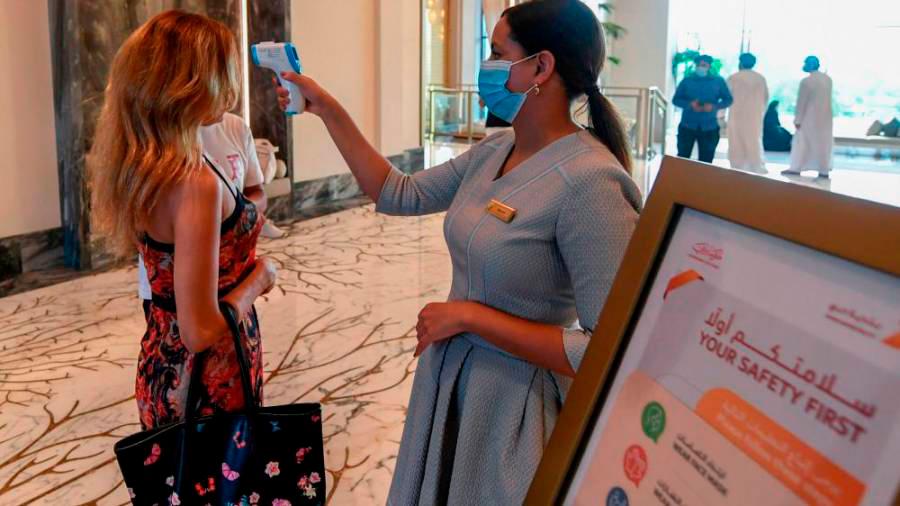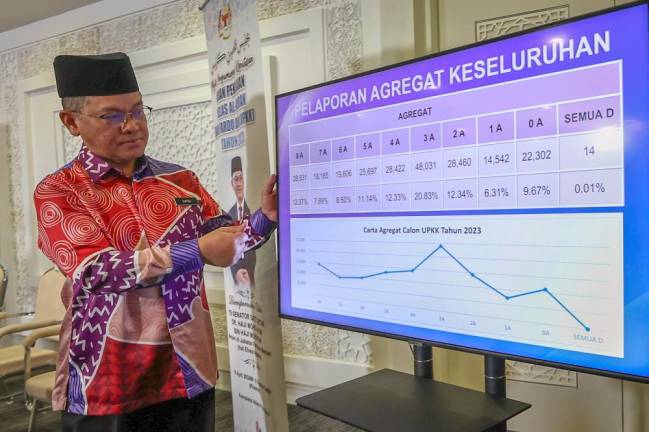PETALING JAYA: As Malaysia gets closer to the 100,000 mark in the number of Covid-19 infections, there comes a sobering realisation – the new normal is here to stay.
Humanity will have to live with the coronavirus that causes Covid-19 for a long time to come, with or without a vaccine, according to Prof of Epidemiology Dr Sanjay Rampal.
He pointed out that 99.7% of Malaysians who have managed to avoid getting infected thus far continue to be vulnerable.
That means continued adherence to the standard operating procedures such as social distancing and wearing of masks are essential.
“We have to learn to live with the virus for the long term,” Sanjay told theSun.
Fortunately for Malaysians, the healthcare system has proven its capability to cope with the pandemic, even with the surge since October that more than doubled the number of cases in a matter of weeks. As of yesterday, the total number of infections was 84,846.
The number of daily new cases has surpassed the 1,000 mark several times over the past few weeks.
In the same period, there were two occasions when the number of daily new cases breached the 2,000 mark.
With new clusters popping up every day, Malaysians must accept the fact that life will never be the same again, notwithstanding that the world’s first mass vaccination has already begun.
If all goes well, Malaysia will receive its first shipment of vaccines in a few months.
The government has signed a preliminary purchasing agreement with US pharmaceutical corporation Pfizer to obtain 12.8 million doses in 2021. That will be sufficient for 6.4 million people.
However, questions about the vaccine remain. According to Sanjay, first generation vaccines are an important tool, “but they may not be the silver bullet for this pandemic”.
“We also have to balance the benefits of any proposed intervention with the financial, economic and psychosocial costs,” he said.
Sanjay commended the Malaysian healthcare system in managing the outbreak, especially in March when the coronavirus set a firm footing on Malaysian soil through a tabligh gathering cluster in Sri Petaling, Kuala Lumpur.
He said despite the rising number of cases, the healthcare system did well to keep the fatalities at a minimum. As of yesterday, a total of 419 patients have succumbed to the infection.
“With increasing data, this virus does not appear to be as fatal as initially postulated. In Malaysia, approximately five out of 1,000 infections result in death,” he said.
This trend is expected to continue, Sanjay added.
He noted that Malaysia is consistently reporting between 500 and 2,000 cases daily.
The new baseline for daily reported cases may even rise to 3,000 in the months ahead.
But the good news is that Malaysian healthcare facilities appear to have more than sufficient capacity to manage these numbers.














